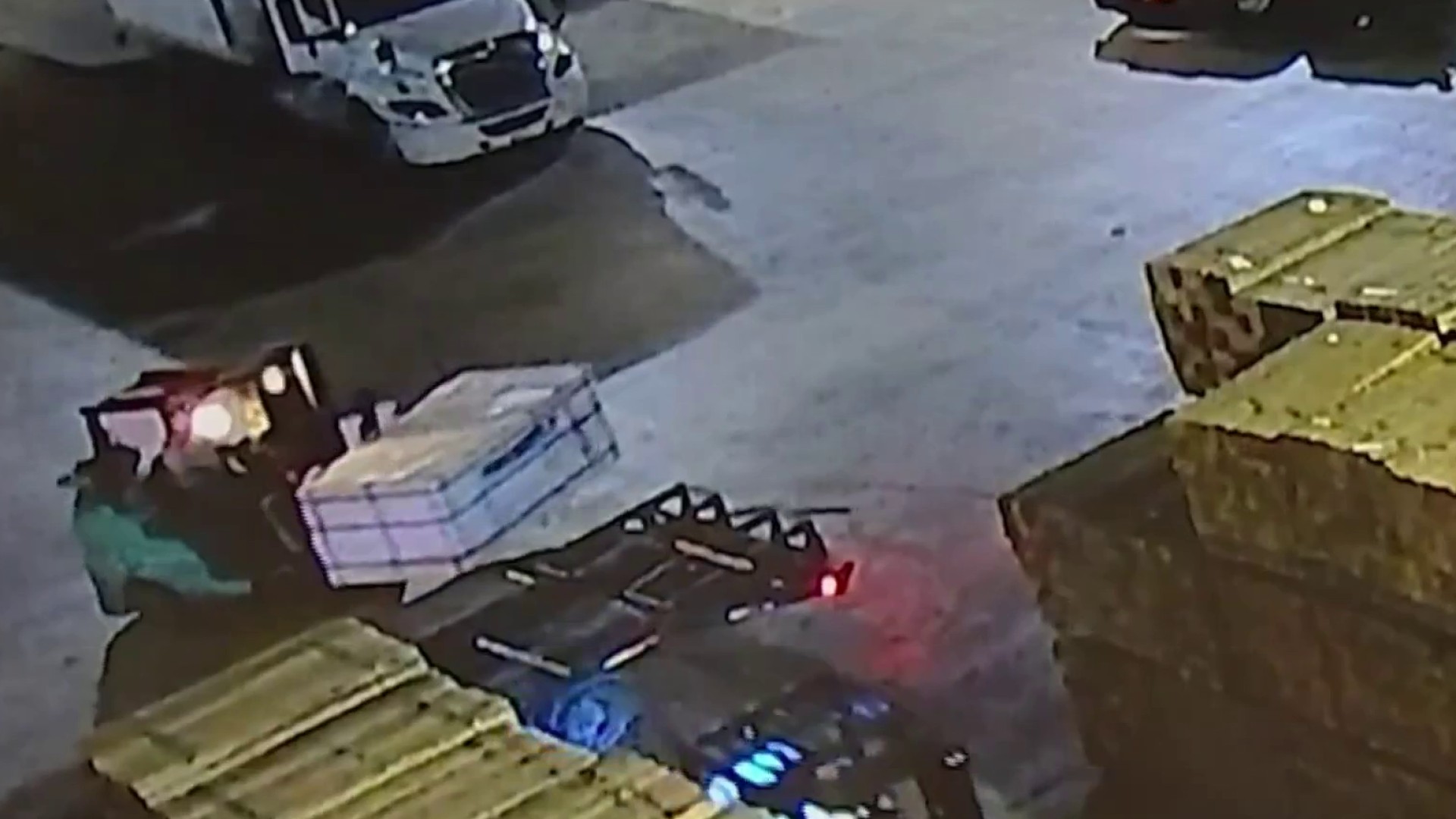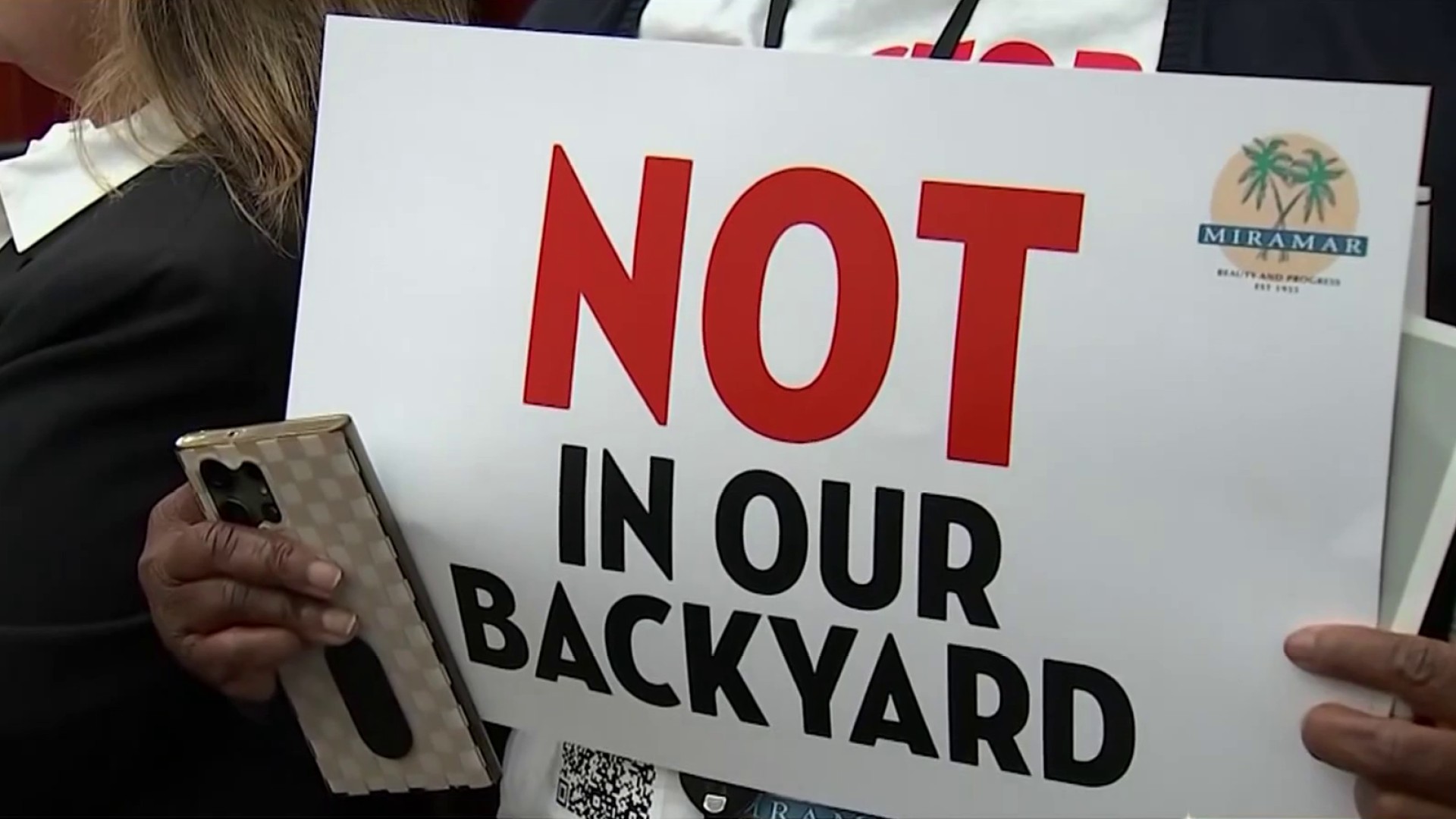The trustee overseeing the bankruptcy of FIU bridge contractor MCM Tuesday accused the company of acting in "bad faith," by seeking to transfer any remaining assets to companies owned by the current owners' children and a wife.
In objecting to MCM's statement summarizing its plan for Chapter 11 reorganization, trustee attorney Johanna Armengol said the purported separation between MCM and the "new equity holder" would be "illusory," adding the assets "ultimately reap to the benefit of the family."
The new company, Frigate Holdings LLC, is composed of family members of the five Munilla brothers who own MCM, including the wife of one brother and three children.
Armengol called the plan a thinly veiled attempt at "estate planning," passing control of whatever emerges from bankruptcy to relatives.
Jordi Guso, attorney for Magnum Construction Management (renamed from Munilla Construction Management after the FIU bridge collapsed), rejected that claim.
He said the owners of the companies that would inherit MCM's assets were not part of MCM and would contribute $2 million in equity to the company that emerges.
"The second generation of Munillas is essentially doubling down on this business," Guso said during Tuesday's hearing.
Local
He said they have "contributed, or caused to be contributed" another $11.5 million in value to MCM by pledging real estate interests as collateral for financing that has kept the business operating while seeking bankruptcy reorganization.
Guso said MCM having "no money available" to pay unsecured creditors would not be "bad faith," adding "regrettably there is no money" and "no future contracts at present" in what was once a $200 million pipeline of potential business.
MCM was the general contractor on the FIU pedestrian bridge project, but was stripped of its FDOT certification after it collapsed in March 2018, essentially preventing it from doing transportation projects and getting bonding for other work.
Judge A. Jay Cristol said he sensed "a bad smell" lingering over the plan, because creditors "would get nothing ... That concerns me."
"If this is a dirty deal and bad faith," then the plan could not be ultimately be approved, Cristol said. But, he added, another possibility us the plan "is the best that can be done ... there simply isn't enough money left for people."
The trustee is appointed by the court to investigate the operation of the business in bankruptcy and make sure those owed money by the company recover as much as possible. Others objected to the plan, as well.
The judge gave everyone 14 days to work out their differences on what's called the "disclosure statement" laying out MCM's plan. If they fail, he would rule on the objections.
Ultimately the judge will be asked to approve or reject the reorganization after a confirmation hearing now considered for possibly October.
Not lost in Tuesday's discussions: the fate of $42 million MCM's insurers have contributed to a pool of money for victims of the collapse, including the families of six who died.
Tens of millions more is being contributed by all but one of the 25 defendants in the wrongful death and personal injury lawsuits filed in state court.



